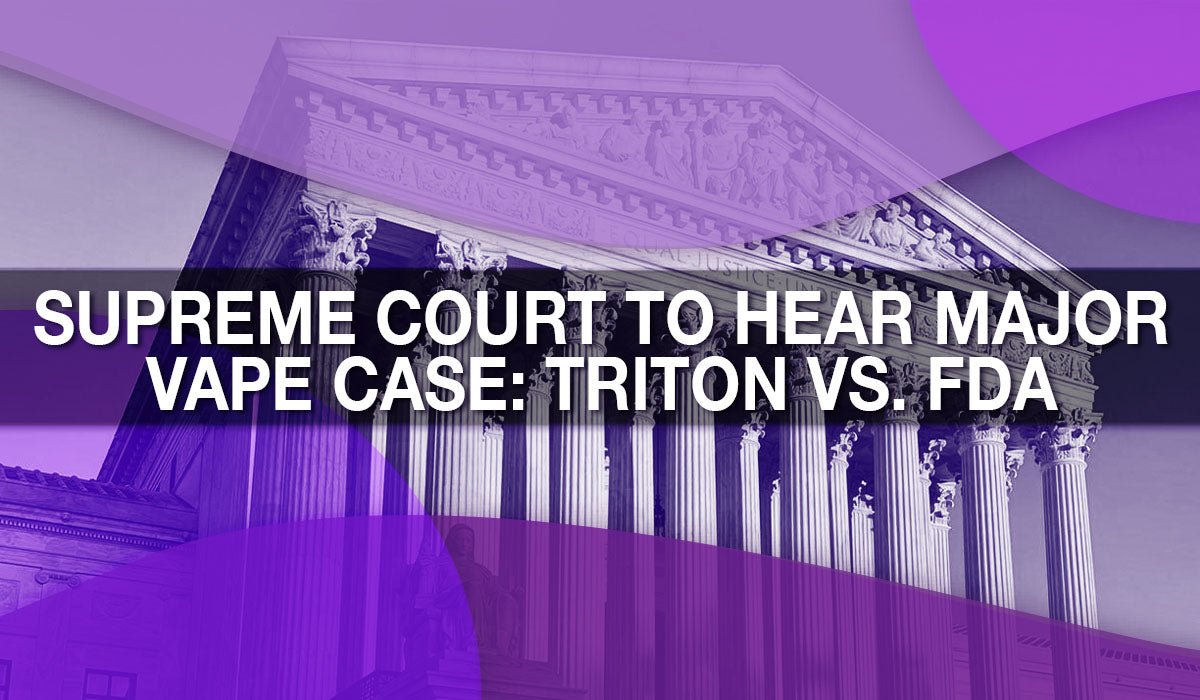
Supreme Court to Hear Major Vape Case: Triton vs. FDA
On July 2, the United States Supreme Court decided to review FDA v. Wages and White Lion Investments, L.L.C., doing business as Triton Distribution, et al., one of the four vaping-related cases it had listed for its final conference of the session. This pivotal case will be heard in the next session starting in October, with significant implications for the future of vaping and harm reduction products in the United States.
Background of the Triton Case
In 2021, the FDA issued millions of Marketing Denial Orders (MDOs) for vapor products as part of its premarket tobacco products application (PMTA) process. Triton, which manufactures flavored vaping products, was significantly affected.
Flavored vaping products are considered essential by many for transitioning from cigarettes to vaping. An Oxford study published in the journal Nicotine and Tobacco Research found: E-cigarette use is positively associated with both making smoking quit attempts and success. Those using flavored e-cigarettes are more likely to quit successfully.
To date the FDA has only authorized four menthol vaping products, which they announced on June 21, 2024.

Triton and FDA Court Battle
The Triton case has highlighted the high stakes involved, far beyond the company's own survival. The initial wave of MDOs in 2021 caused confusion and frustration among businesses and consumers, prompting several smaller companies to seek legal protection against potential financial collapse. While many companies' appeals were unsuccessful, due in large part to Chevron deference, Triton's battle against the FDA has been ongoing.
In October 2021, a court granted Triton a full stay on its MDOs, allowing its products to remain available during the legal fight. This move positioned Triton as a symbol of resistance against what many harm reduction advocates viewed as the FDA's inconsistent actions.
Court Decisions and Appeals
Triton's journey through the legal system has seen several ups and downs. In July 2022, the company lost its appeal in the Fifth Circuit Court of Appeals, with two judges siding with the FDA. Despite this setback, Triton's partner Todd Wages vowed to continue the fight.
In a rare decision, the Fifth Circuit agreed to hear the case en banc in January 2023, and a year later, Triton won its appeal. The court's majority opinion was critical of the FDA's conduct, describing it as "arbitrary and capricious."
Implications for the Vaping Industry
The victory for Triton was seen as a significant win for tobacco harm reduction advocates, adult vapers and the vaping industry, reinforcing the fight for access to effective alternative products.
A study published in Cochrane Database of Systemic Reviews this year examined 88 previous studies that included 27,235 participants they found, “High certainty evidence that e-cigarettes, which allow users to “vape” nicotine instead of smoke it, lead to better chances of quitting smoking than patches, gums, lozenges or other traditional NRT.”
The results were unambiguous. Jamie Hartman-Boyce, study author and Cochrane editor, stated:
“We have very clear evidence that, though not risk free, nicotine e-cigarettes are substantially less harmful than smoking. Some people who haven’t had success in the past with other quit aids have found e-cigarettes have helped them.”
The study found that for every 100 smokers attempting to quit, 8 to 10 would be expected to succeed by using nicotine e-cigarettes versus 6 successful cessations using nicotine replacement therapy.
With growing body of evidence that vape flavor bans increase cigarette sales, the stakes are incredibly. However, the FDA's petition to the Supreme Court to review the case has added another layer of complexity.
The Fall of Chevron Deference
The Triton case is expected to have a profound impact on the vaping industry and the availability of alternative nicotine products. The decision to hear this case comes shortly after the Supreme Court's notable decision to overturn the Chevron doctrine on June 28 in the case Loper Bright Enterprises v. Raimondo. Chevron had previously shielded federal regulators from legal challenges.
Also referred to as Chevron deference, this legal doctrine compelled courts to defer to a government agency’s interpretations of the statute which it administers, provided that the statute is ambiguous and the agency's interpretation is reasonable.
It stems from the landmark case Chevron U.S.A., Inc. v. Natural Resources Defense Council, Inc. While Chevron may sound practical in theory, forced deference to the judgment of regulators made it extremely difficult for parties impacted by regulations to seek legal recourse.
Perhaps most fundamentally, Chevron’s presumption is misguided because agencies have no special competence in resolving statutory ambiguities. Courts do. The Framers anticipated that courts would often confront statutory ambiguities and expected that courts would resolve them by exercising independent legal judgment. Chevron gravely erred in concluding that the inquiry is fundamentally different just because an administrative interpretation is in play. The very point of the traditional tools of statutory construction is to resolve statutory ambiguities. That is no less true when the ambiguity is about the scope of an agency’s own power—perhaps the occasion on which abdication in favor of the agency is least appropriate.
Loper Bright Enterprises v. Raimondo
The recent Chevron decision has sparked varied reactions among tobacco harm reduction advocates and vape industry stakeholders. The Triton case addresses different issues and was initiated by the FDA's attempt to overturn a previous legal defeat.
Future Outlook
The Supreme Court's decision to hear the Triton case will be closely watched and the outcome could potentially reshape vaping regulations in the U.S. The status of the other three vape cases—Magellan Technology v. FDA, Logic Technology v. FDA, and Lotus Technology v. FDA—remain pending.
The door for future challenges to the FDA’s regulatory schemes was opened by the SCOTUS case Corner Post Inc. v. Federal Reserve. This decision extends the statute of limitations from six years after regulations were finalized to six years after the harm alleged in a lawsuit occurred.
As the Triton case progresses, it may take up to a year for a final decision. We must hope that the Supreme Court's ruling will solidify earlier legal victories and ensure continued access to essential alternative products. The stakes are incredibly high, as illustrated by the recent Oxford Study which found the New Jersey Flavor Ban significantly increased cigarette sales.


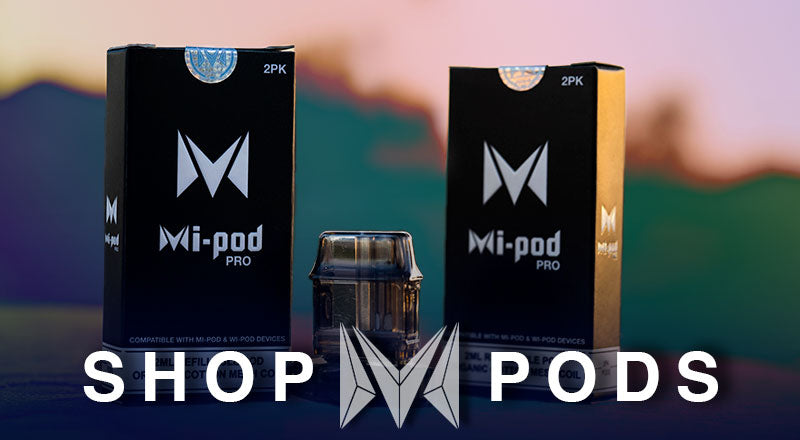
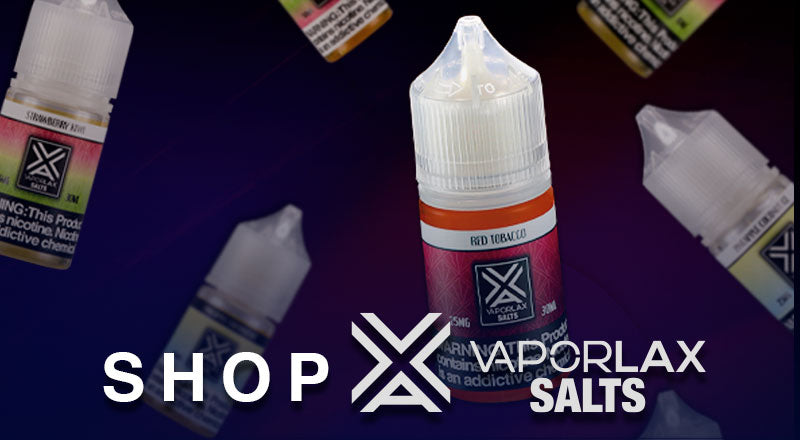
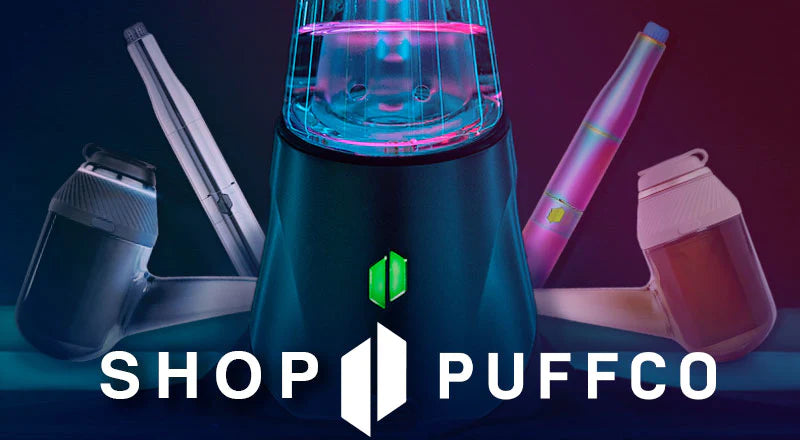
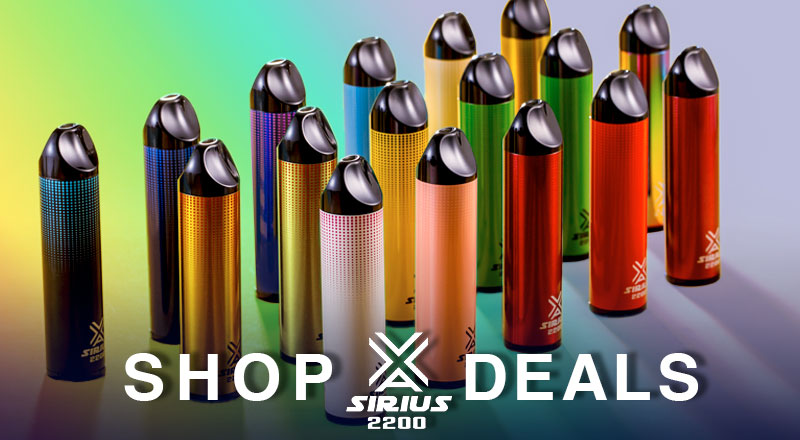
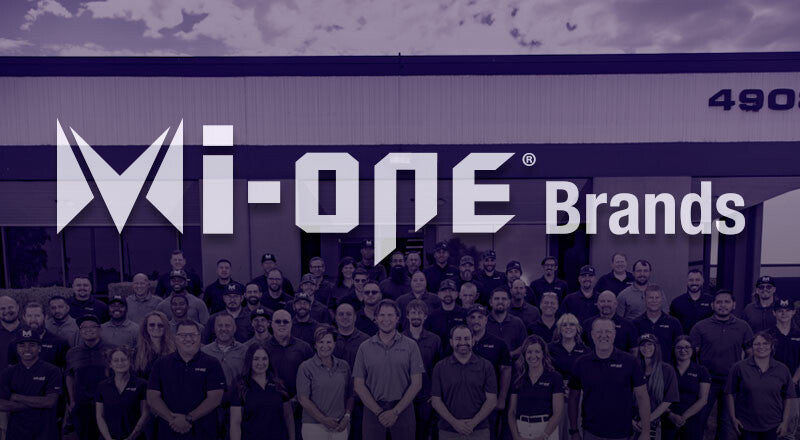

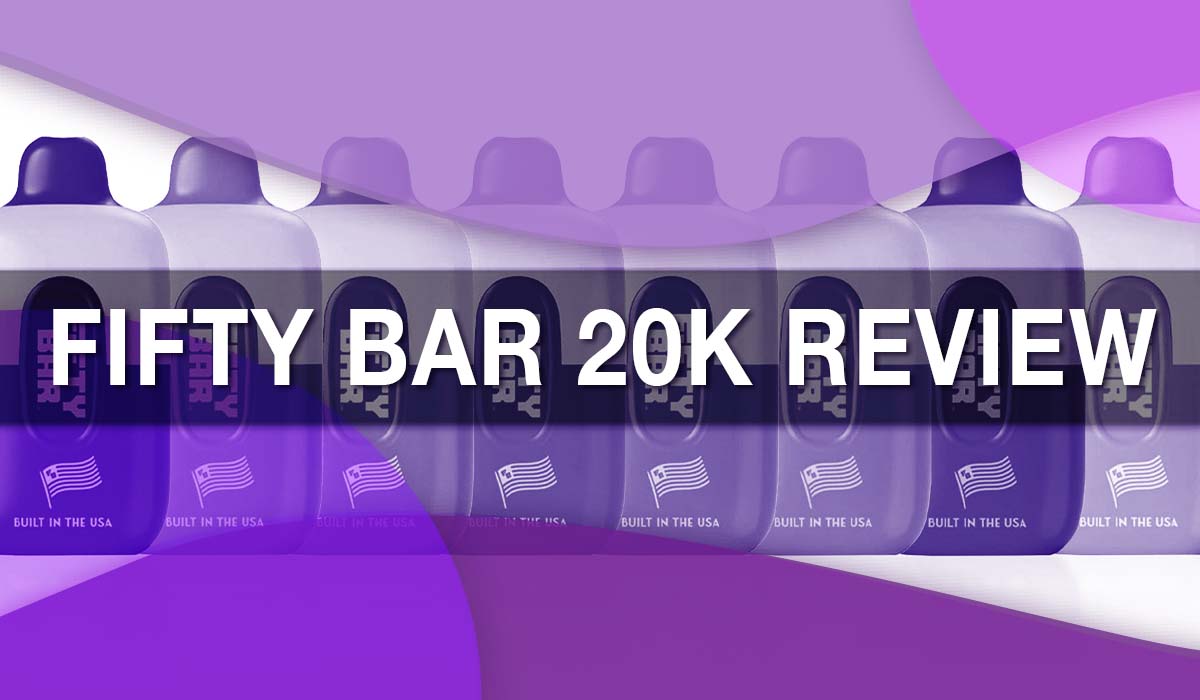
Leave a comment
This site is protected by hCaptcha and the hCaptcha Privacy Policy and Terms of Service apply.